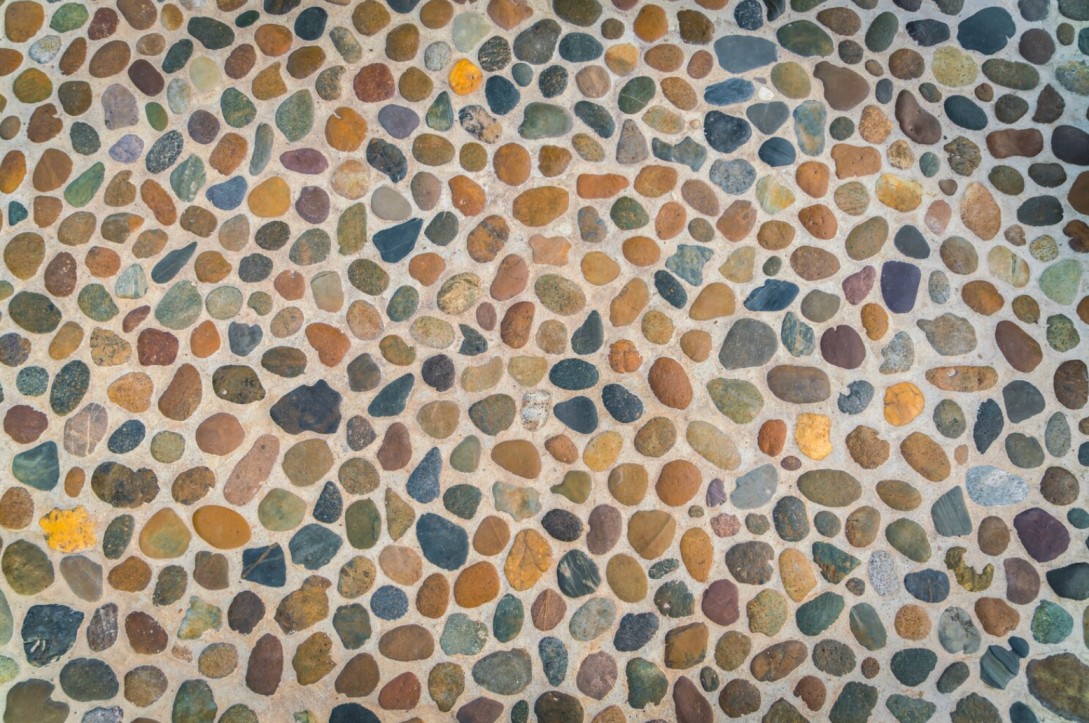





Neolith is a type of sintered stone made from three types of natural materials: Glass, Porcelain, and Quartz. The stone puts together the best features of these raw materials, creating a stone that is highly durable, waterproof, scratch-resistant, and resistant to UV rays.
The stone was created as an almost indestructible material that has a vast range of use cases from floors to countertops. Neolith has gained popularity over the years in commercial settings due to its high resistance to pressure, as well as low maintenance costs. Today, the stone is highly prized for its durability and has become a staple option in home and office design all over the world.
Benefits of Neolith
Appearance
Neolith stone comes in two types of finishes silk and satin. The silk finish shows off the stone in a subtle gloss that is shiny and easy to clean, while the commercial-friendly satin finish is a classic matte that is highly resistant to wear and tear. Both finishes apply to more than fifty color varieties of Neolith.
Neolith tends to keep a more neutral tone in its color variety, ranging from muted white to beige, and shades of brown to dark gray. The majority of the tones, like the Neolith Aspen Grey and the Neolith Arctic White, take inspiration from the snow-capped mountains found in nature, while the Neolith Calacatta, Neolith Carerra, and the Neolith Cement variety mimic other stones. Overall, neolith offers a classic and sophisticated accent to many spaces.
Durability
Neolith stone was engineered specifically for its durability and high resistance to wear and tear, making it a natural stone that is perfect for use in high-traffic areas, commercial buildings, and designer homes without the high maintenance of marble or granite slabs. The non-porous property of neolith also makes it much more resistant to stains.
Natural and Sustainable
Despite being a sintered stone, Neolith is still completely natural. The processes used to create the stone do not emit any harmful chemicals to the environment, nor do they add artificial fillers like cheap resin. The result is a quartz-like stone that has the same look and feel as natural marble but without the high maintenance cleaning and upkeep!
Neolith is perfect for use in elite offices, as well as high-end malls for a feel of sophistication without the heavy burden of sensitive marble materials. The stone is made sustainably as well and can be used alongside other natural materials with no problems or issues.
How to Clean Neolith Floors and Surfaces
For daily cleaning and dusting, you can simply use a microfiber cloth to wipe over the entire surface and get rid of lingering dirt or debris. However, if you want to give the material a slightly more thorough cleaning during your regular household cleaning routine or are faced with a stain or spill, then follow these steps!
Step 1: Prepare the Area
For liquid stains, get a clean cloth or a paper towel and blot as much of the liquid as you can. For solid messes like food spills, remove as much debris as possible before using a clean cloth to dab away any residue. This might be enough to remove the stain, but you may need something more, so you can proceed to the next steps. And if you simply want to give your neolith a deeper cleaning, then you can skip this step entirely.
Step 2: Choose Your Cleaner
For regular cleanings, a slightly dampened cloth is more than enough to clean your neolith, but you can also make your gentle cleaning solution by filling a bucket or bowl with warm water and adding a few drops of mild liquid dishwashing detergent to create soapy water. This solution will also work for stain removal, but you can also add a bit of baking soda for oil-based messes.
Step 3: Begin Wiping
Whether you’re simply using warm water or a soapy water mixture, make sure that your cloth is only damp and not dripping. It’s also important that you use a soft cloth or sponge rather than something abrasive to avoid any scratches or marks.
Step 4: Rinse and Dry
If you’ve chosen to use soapy water, get another clean cloth and dampen this with water. Use this cloth to run over the entire thing one more time to make sure that there are no remnants of soapy water left behind. Finally, get one last clean cloth and use this to dry everything properly.
Other Cleaning Tips
Avoid Harsh Cleaners and Chemicals
As mentioned before, neolith can be cleaned with a dampened cloth most of the time. There’s no need to use any harsh cleaners or chemicals, especially as these can compromise the integrity and quality of your neolith surface. It’s best to stay away from anything with harsh chemicals in the ingredients list, especially bleach, hydrofluoric acid, hydrochloric, and its other derivatives.
Avoid Waxes and Polishing Additives
This is yet another thing that you should keep away from your neolith materials. While they won’t do any harm, they will leave an oily or greasy residue behind that might be unappealing and uncomfortable. They are also unnecessary to the upkeep of your neolith surface.
Avoid Abrasive Cleaners and Cleaning Tools
While scratch-resistant, neolith can still be damaged by abrasive cleaners and tools, especially when these are used with enough force and power. These items include abrasive cleaning products, scouring pads, scrub cleaning creams, and much more.
When in Doubt, Call Luce
While neolith is a very durable and stain-resistant material, it can still benefit from regular maintenance and cleaning. Luce offers a wide range of highly affordable and customizable cleaning services that cater to both household and commercial cleaning needs, including the upkeep of your neolith.
Send Luce a message today to book an appointment!






















